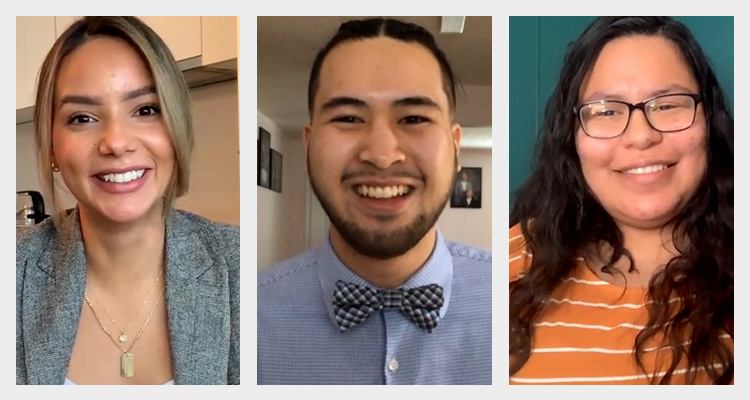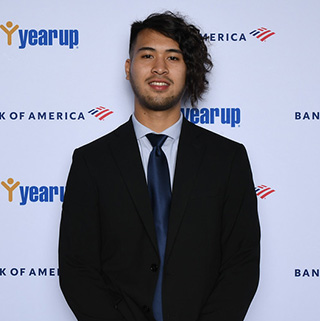The tech industry is facing a significant challenge. The number of new companies specializing in highly skilled areas such as artificial intelligence or data analytics continues to surge, creating tens of thousands of new jobs every year. While that bodes well for overall employment, the number of qualified applicants isn’t keeping pace. By 2030, the U.S. could face a talent shortfall of 6.1 million people in computer and mathematics occupations, according to Boston Consulting Group.
At the same time, every year millions of high school graduates looking to enter the workforce lack the skills and connections required to launch a career in the tech industry — where positions often require an advanced degree (or two). This is especially true for young people from historically underrepresented communities. To help close the gap between qualified candidates and those looking to work in tech, government initiatives and nonprofit programs are amplifying workforce training opportunities, specifically targeting high school grads. The scale of the problem, however, is too great to be solved by public and nonprofit groups alone. The private sector, which stands to benefit the most from a larger pool of qualified job candidates, needs to bolster such programs.




